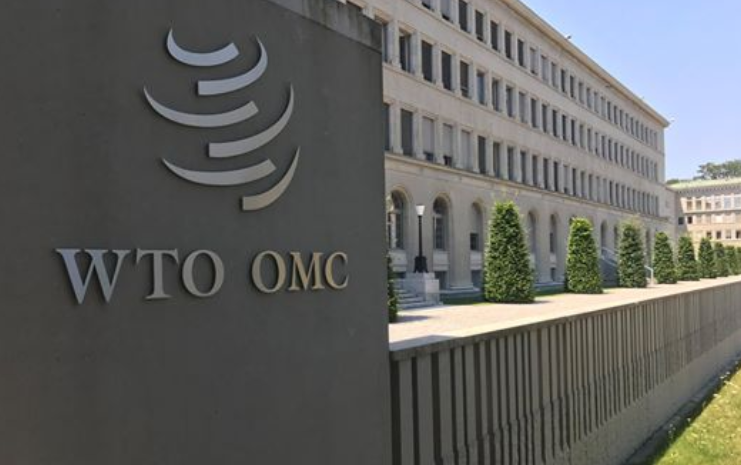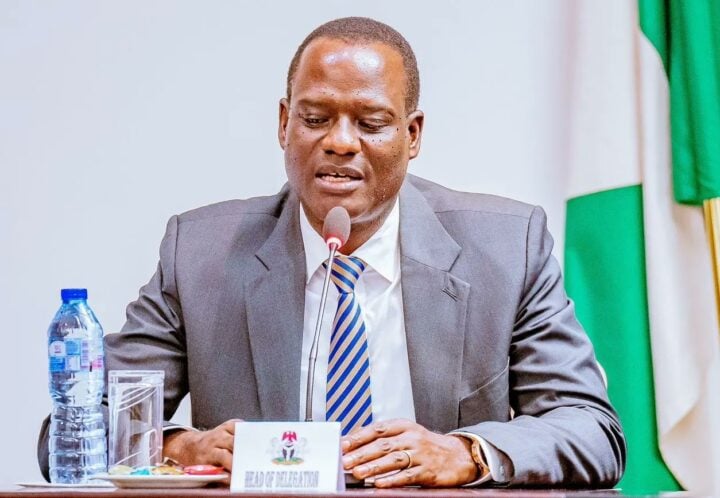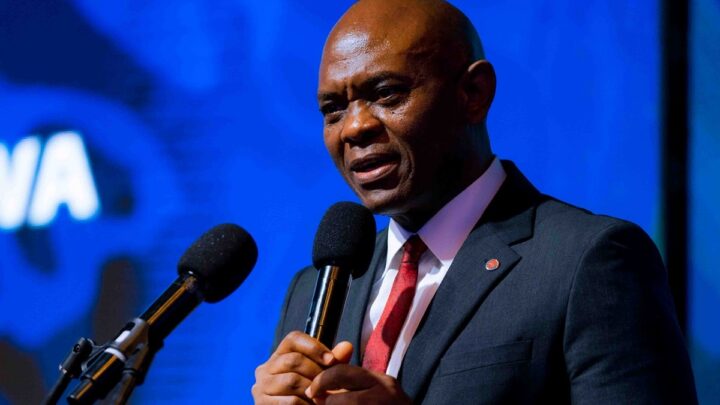The World Trade Organisation (WTO) has called on governments to reduce trade barriers and improve access to markets to help lower-income economies grow and reduce income inequality.
WTO, in a report on Monday titled ‘Trade and Inclusiveness: How to Make Trade Work for All,’ said governments should also prioritise inclusive trade policies to ensure the benefits of globalisation are equally distributed.
While trade has played a crucial role in promoting global economic convergence and reducing poverty, the WTO said “some individuals, regions, and economies have been left behind”.
To address this, the organisation urged governments to address trade costs in services, bridge the digital divide, and tackle regulatory capacity and compliance issues.
Advertisement
“Growing concern about income inequality levels, which remain high in most economies, have led some to argue that globalization is detrimental to development and inclusiveness because it favours wealthy economies and individuals, leaving marginalized groups and regions behind,” WTO said.
“While trade has played a crucial role in promoting global economic convergence and reducing poverty, some individuals, regions and economies have been left behind by not being able to benefit to the same extent from trade.
“It is essential to address trade costs in services, bridge the digital divide, and tackle regulatory capacity and compliance issues if low- and middle-income economies are to take full advantage of these opportunities.
Advertisement
“Improving access for low-income economies to markets in both high-income and emerging economies, including by addressing tariff escalation on processed goods and trade-distorting subsidies, can also support economic growth in a world where an increasing share of trade is among developing economies.
“However, trade barriers arising from inadequate domestic infrastructure or institutional challenges also need to be addressed.”
‘TRADE INCLUSIVENESS TO ENCOURAGE GROWTH’
In the report, WTO said there is a need to encourage trade for equal growth to take place.
Advertisement
According to the organisation, reducing trade would diminish opportunities for growth and inclusiveness, “but relying solely on trade and trade policy would not fully capture these opportunities”.
“Complementary domestic policies are required to make trade more inclusive. Significant progress can be made at the national level to enhance the effectiveness of national policies for economic growth and inclusiveness, but international cooperation among economies can also be beneficial,” the report said.
“In addition, increased coherence between the WTO and other international organizations can help to magnify their collective impact on growth and inclusiveness.”
Commenting on the report, Ngozi Okonjo-Iweala, director-general of WTO, said trade plays a transformative role.
Advertisement
“Perhaps the biggest takeaway from the report is its reaffirmation of trade’s transformative role in reducing poverty and creating shared prosperity — contrary to the currently fashionable notion that trade, and institutions like the WTO, have not been good for poverty or for poor countries, and are creating a more unequal world,” Okonjo-Iweala said.
“But the second biggest takeaway is that there is much more we can do to make trade and the WTO work better for economies and people left behind during the past 30 years of globalization.”
Advertisement
On his part, Ralph Ossa said less trade will not promote inclusiveness, nor will trade alone do.
Ossa also said true inclusiveness demands a comprehensive strategy, one that integrates open trade with supportive domestic policies and robust international cooperation.
Advertisement
Add a comment







